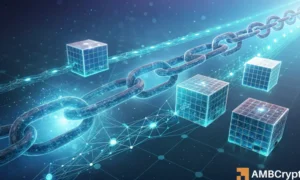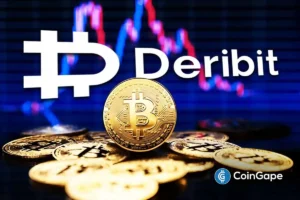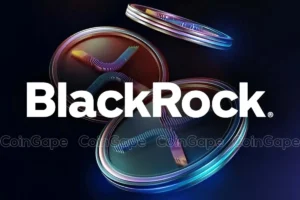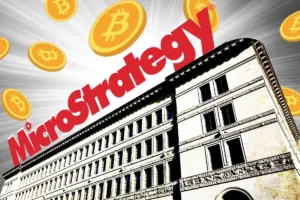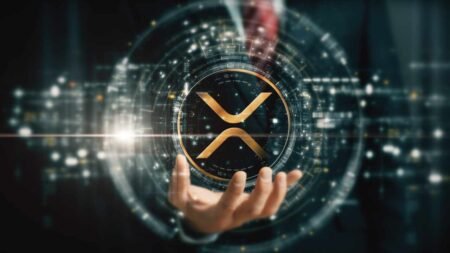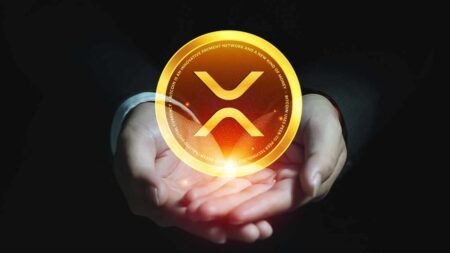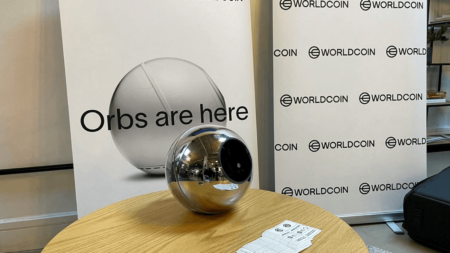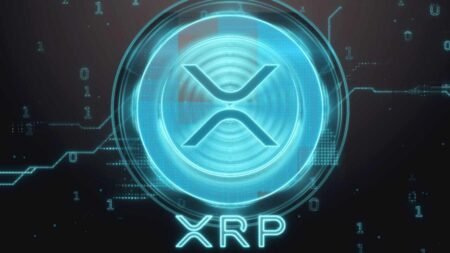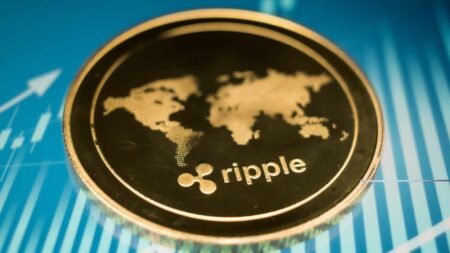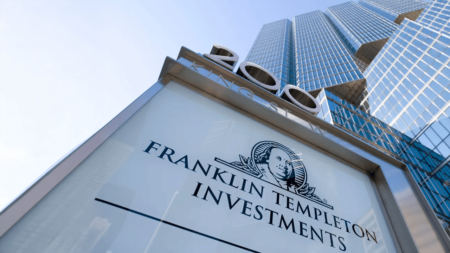Chainlink, JPMorgan, and Ondo Finance Launch First Cross-Chain Delivery vs. Payment (DvP) Transaction
In a groundbreaking achievement for the blockchain and financial sectors, Chainlink, JPMorgan’s blockchain unit Kinexys, and Ondo Finance have successfully completed the first cross-chain Delivery versus Payment (DvP) transaction on Ondo Chain’s testnet. This development marks a significant milestone in integrating traditional banking systems with the innovative world of tokenized asset markets.
What is Delivery vs. Payment (DvP)?
Delivery versus Payment (DvP) is a crucial transaction mechanism in financial markets that ensures the transfer of an asset occurs simultaneously with the payment for that asset. This principle is vital to minimize settlement risk, where one party could default while the other has already fulfilled their part. The collaboration between Chainlink, JPMorgan, and Ondo Finance represents an initiative to enhance the efficiency and security of this mechanism in the digital space.
The Role of Chainlink and JPMorgan’s Kinexys
Chainlink, known for its decentralized oracle networks that bridge smart contracts with real-world data, plays an essential role in this cross-chain transaction. It provides the necessary data feeds that facilitate asset price disclosure and payment finality. Meanwhile, JPMorgan’s blockchain unit, Kinexys, supports the traditional finance framework by integrating JPMorgan’s permissioned banking infrastructure into the DvP process, creating a seamless interaction between digital and conventional finance.
Ondo Finance’s Tokenized U.S. Treasuries Fund
The transaction settled Ondo Finance’s tokenized U.S. Treasuries Fund (OUSG). This innovation not only demonstrates the potential of tokenized assets to enhance liquidity but also illustrates how these digital assets can conform to regulatory standards. By using the Ondo Chain’s testnet to execute this DvP transaction, the participating entities showcased a viable pathway for efficiently managing large-scale investments while mitigating risks traditionally associated with asset transfers.
The Implications for the Financial Industry
The successful execution of this transaction paves the way for broader acceptance and integration of blockchain technology in conventional banking systems. With major financial institutions like JPMorgan actively exploring blockchain use cases, we can expect more innovation around cross-chain interoperability, which enhances the overall efficiency of financial markets. This model can potentially transform how transactions are executed, monitored, and recorded, blending the strengths of decentralized finance (DeFi) with traditional banking efficiencies.
Future Prospects and Conclusion
As the blockchain landscape evolves, the partnership between Chainlink, JPMorgan, and Ondo Finance signifies a promising future for cross-chain transactions. It highlights the increasing collaboration between traditional financial institutions and technology-driven initiatives. The insights gained from this successful transaction will not only benefit the involved parties but also provide a framework for future blockchain applications that could revolutionize financial services, making them more accessible, efficient, and secure for all participants in the market.
With continued innovation and commitment, the financial industry is poised for a transformation that leverages blockchain technology to enhance transaction processes, reduce costs, and improve overall trust in financial systems. The completion of this cross-chain DvP transaction is merely the beginning of a new era in asset management and payment solutions.
